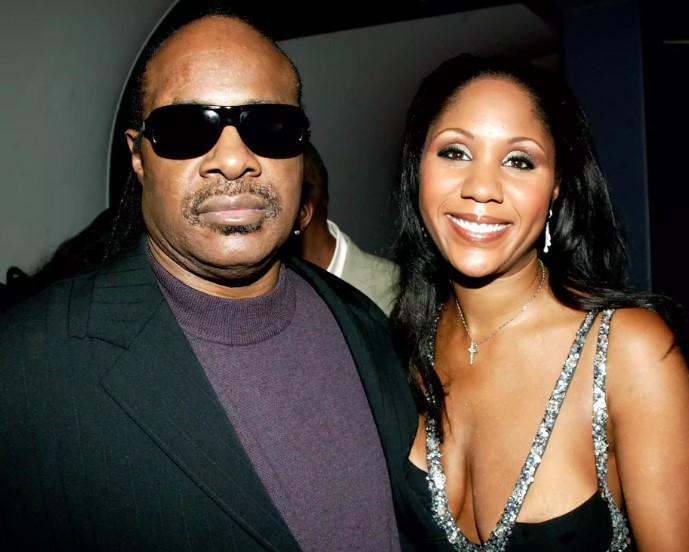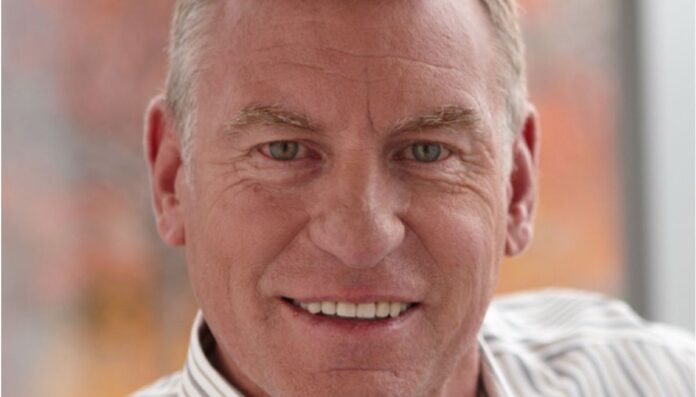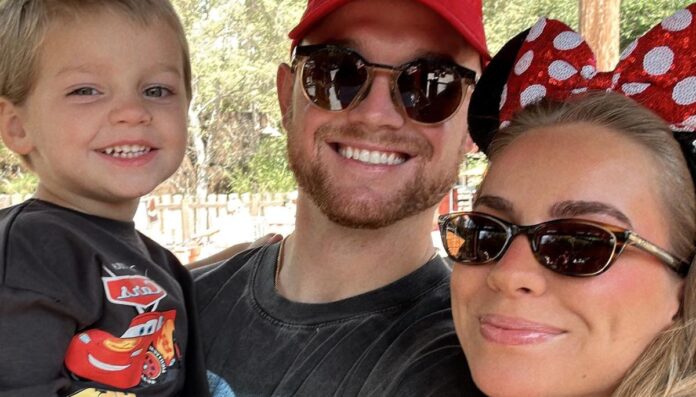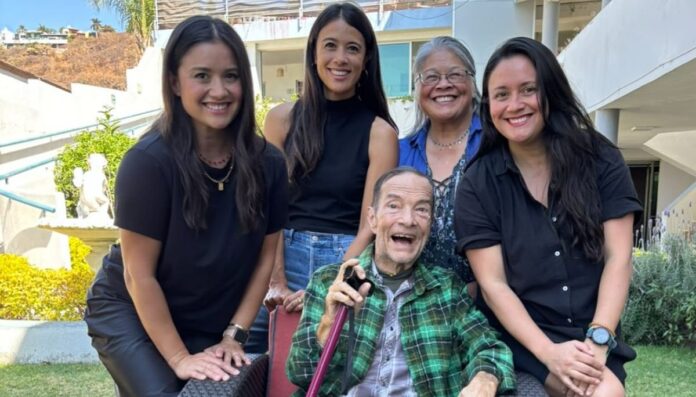Key Takeaways
- Stevie Wonder’s forehead scar was left despite plastic surgery advice.
- Some believe that Stevie Wonder might have regained partial sight through surgery.
- He performed his iconic 1973 song “Higher Ground” following his DNC speech.
Despite speculation about his vision and potential surgeries, Stevie Wonder, who suffered from retinopathy of prematurity causing retinal detachment and blindness, has not had any plastic surgery.
On August 6, 1973, Stevie was severely injured in a car crash, leading to a brain injury, four days in a coma, and temporary sensory loss.
Due to his head injuries, Wonder was moved to the intensive care unit at North Carolina Baptist Hospital that night, where he underwent “life-saving surgery” and appeared unrecognizable to friends and family.
The singer was reportedly asleep in a car driven by his cousin, John Wesley Harris, when the vehicle collided with the back of a truck.
After the collision, Wonder developed a scar on his forehead and was advised to remove it through plastic surgery, but he chose to keep it as a reminder of life’s challenges.
His mother recounted in her 2002 book Blind Faith: The Miraculous Journey of Lula Hardaway:
There was a great, grinding screech as metal hit metal and, then, impossibly, as if in some lavishly produced Hollywood action movie, one of the great logs disencumbered itself of the truck and came crashing through the windshield, spearing Stevie square in the forehead.
On August 21, 2024, Stevie took the stage at the Democratic National Convention (DNC), delivering a heartfelt speech and performance in support of Vice President Kamala Harris and Minnesota Governor Tim Walz.
Following this, a user on Twitter shared a tweet with the caption and image. The caption reads:
Imagine Stevie Wonder saying sir and also the biggest crowds I’ve ever seen 😂😂😂
In the post, one commented:
Stevie Wonder is blind. Is this a real Trump post or a parody?
While another wrote:
this is satire and not a real post lol it’s funny because it’s something trump might almost say considering how stupid he is to not realize that Stevie is blind
At the DNC, the music legend urged the audience to “choose courage over complacency” and to “keep on keeping on until we truly are a united people of these United States” before launching into his evening performance.
Following his speech, he performed his well-known 1973 song “Higher Ground.”
Stevie Wonder’s Experimental Surgery: A Step Toward Possible Sight
In 1999, Stevie Wonder expressed optimism about an experimental eye surgery that could offer him the possibility of sight.
Wonder’s early birth and the oxygen-enriched incubator conditions led to retinopathy of prematurity, a condition that halted his eye growth and often caused retinal detachment, resulting in his blindness.
Stevie, blind from birth due to retinitis pigmentosa, mentioned the potential surgery treatment at a Detroit funeral service, as reported by Rev. Jesse Jackson, who attended the event.
Wonder met with Dr. Mark Humayun at the Wilmer Eye Institute, the sole institution offering this experimental surgery at Johns Hopkins University Medical Center.
This procedure features an intraocular lens retinal prosthesis, a new technology that remains in the development phase.
The retinal prosthesis works by implanting a computer chip into the retina with the aim of partially restoring vision.
While the treatment shows potential for visual sensations and improved mobility, it remains experimental and isn’t yet available for regular use.
The Wilmer Eye Institute has performed approximately 15 experimental procedures to assess the effectiveness of this technology.
Despite the advancements, Wonder has not yet arranged an examination to assess his eligibility for the IRP research trial.
During a 2005 interview, Stevie stated:
The story is true in as far as I did go to see this doctor and I had some initial tests done. From that initial test it wasn’t looking good for me and I haven’t been back to see him since.
Despite this, in 2023, one took Twitter wrote:
I think Stevie Wonder got eye surgery and he can see now
Likewise, another wrote:
Stevie Wonder can prolly see. It’s no way he got all that money but hasn’t paid for eye surgery
A Reddit user commented on the query: “Is Stevie Wonder truly blind?”
I’ve met him. I stood 2 feet away from him. I discussed how he and his backup musicians communicate on stage (since he can’t see them) with his musicians for about 45 minutes after a concert at Purdue University around 1971. He’s blind.
Similarly, another wrote:
He underwent an experimental procedure in 1999. I am not sure if he has undergone any other surgeries since then, but I imagine he would..Why not? My guess is he got some sight back. not sure how much…..Also when asked by TMZ in 2017 he mysteriously replied” This year I will tell the truth”…I cant find a follow up to that….
Amid the ongoing debate about his blindness and surgery, he might achieve partial vision.
Stevie Wonder’s Kidney Transplant Marks A New Beginning
At his Hyde Park performance in London on July 6, 2019, Wonder announced his upcoming kidney transplant surgery scheduled for September.
Stevie Wonder feels more youthful after a successful kidney transplant than ever. He shared:
Let everybody know that I was blessed with a new kidney and that happened on Dec. 6, 2019.
He expressed that his health has quickly recovered following concerns about his condition in 2019.

He continued by saying:
I feel great. My voice feels great. I told my daughter, ‘Aisha, I’m going to be like five years younger than you now. I’m gonna go from being 70 to like 40. I feel like I’m about 40 right now and I just thank everyone for their prayers and love. I’m feeling great.”
In Case You Didn’t Know
- Stevie signed with Motown Records when he was eleven years old.
- At 13, his “Fingertips—Part 2” made him the youngest solo artist to have a #1 Billboard hit.
- He is renowned for his activism, particularly his 1980 campaign to establish Martin Luther King Jr.’s birthday as a federal holiday in the U.S.



